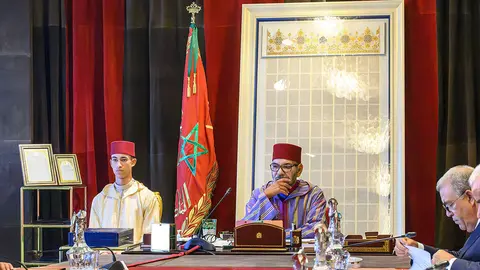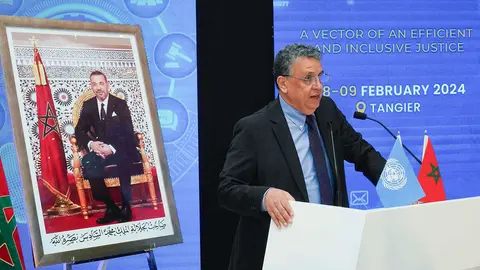A new era of transparency in the Moroccan Parliament
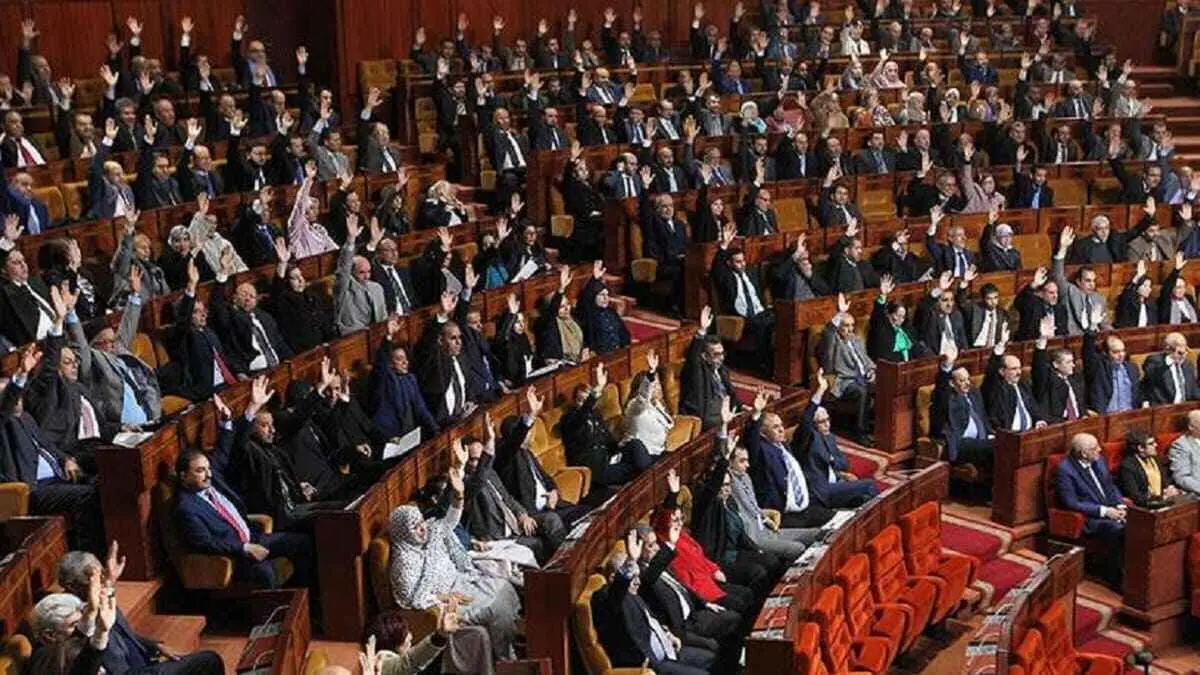
In a move hailed by various political forces, including the opposition, Morocco's House of Representatives approved a proposed amendment to its internal rules. This amendment, aimed at improving parliamentary practices, seeks to strengthen confidence in elected institutions and enhance their credibility.
The adoption of this amendment comes in a special context, marked by a royal message from King Mohammed VI on the occasion of Parliament's 60th anniversary. In his speech, the Moroccan monarch called for improving the conduct and practices within Parliament. Specifically, he suggested that, in order to achieve this improvement, Parliament should implement a set of binding ethical rules to guide the behaviour and actions of parliamentarians. These rules would be designed to ensure that representatives act with integrity, honesty and in the best interests of the country, in order to increase the trust and credibility of legislative institutions among citizens.
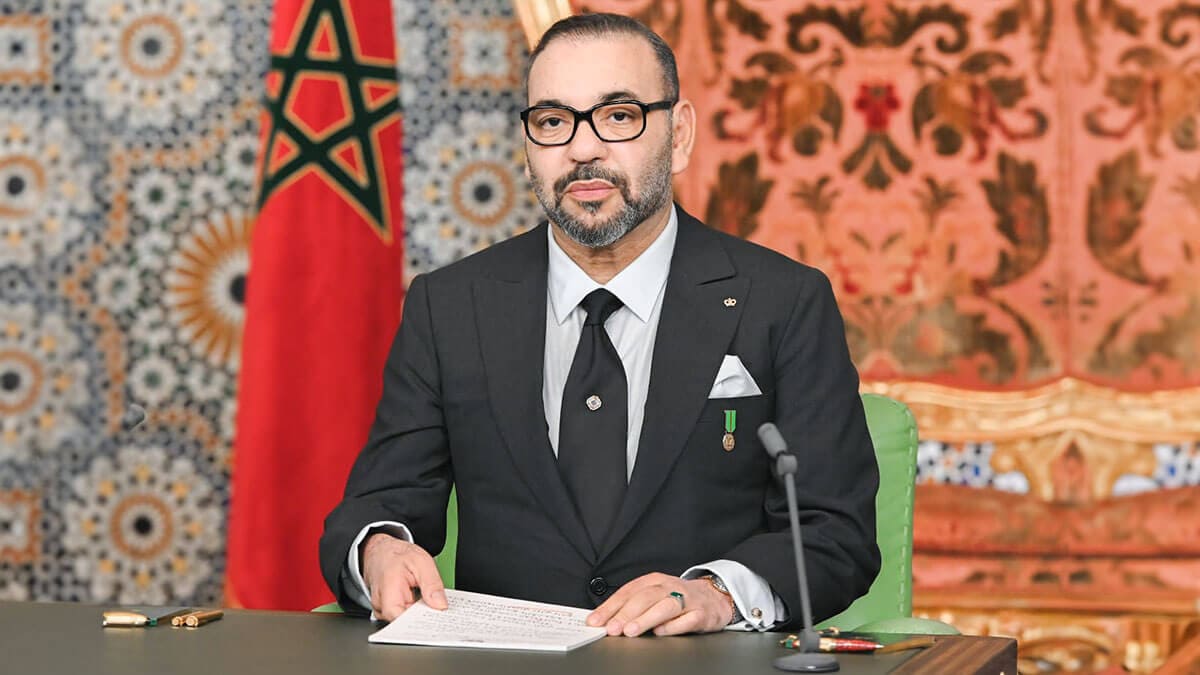
Opposition MPs stressed that the amendment and the adoption of a code of conduct and ethics would advance parliamentary work and contribute to its moralisation. This, according to them, will restore trust and credibility in political and institutional work, raise the level of participation in public life and improve the performance of Parliament and other elected institutions.
Moreover, the new code of ethics, included in the amendment of article 68 of the internal regulations, provides that the Office of the House of Representatives should select at the beginning of each legislature two members, one of whom will be from the opposition, to continuously monitor the correct application of the code of parliamentary conduct and ethics. These members will have the task of verifying violations committed by any member of the Council.
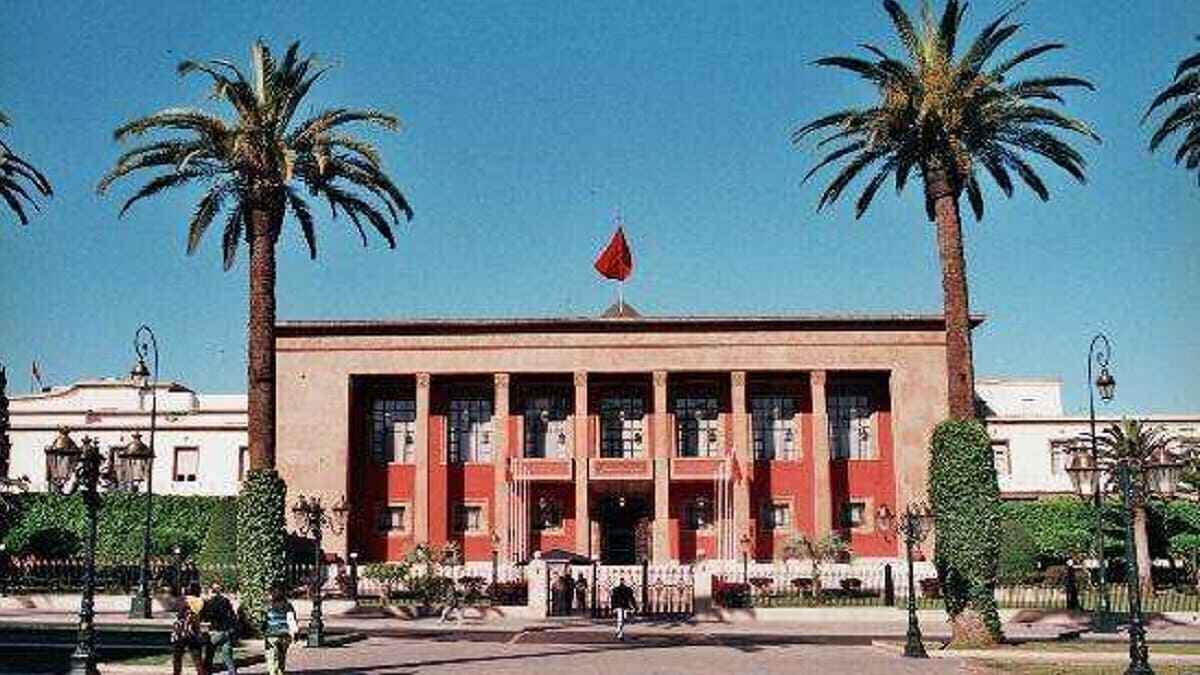
The code obliges representatives to act with honesty and loyalty, to preserve and strengthen citizens' trust in them, and to behave with integrity, virtue and honour. In addition, they must avoid inciting or encouraging illegal protests and express their opinions in a respectful manner, without using threats, intimidation or insults.
During the general session to discuss and vote on the amendment, Idriss Sentissi, leader of the People's Movement team, stressed that Parliament had responded to the real challenge by adopting a code of conduct and ethics, describing it as a comprehensive code. Sentissi urged the application of this code to other institutions and sectors.
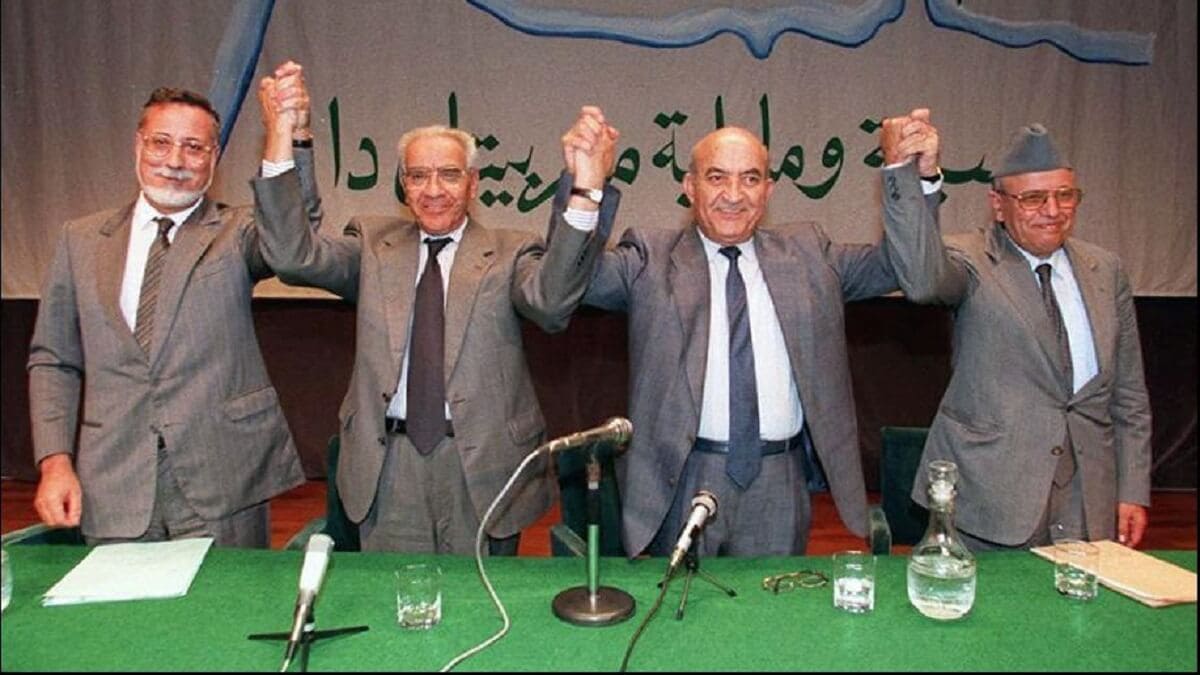
For his part, Ahmed Abbadi, representative of the Progress and Socialism Group, explained that this revision will have a legally binding character and will seek to harmonise representative democracy with participatory democracy. He stressed the need to raise the quality of elected representatives and purge the political space of corruption, which affects the country in political, legal and developmental terms.
In addition, the House of Representatives will also require its members to sign a declaration of honour at the beginning of each legislature, pledging to respect all the requirements of the code of ethics. Representatives are also required to declare any benefits received by virtue of their parliamentary position and to deposit gifts received during their official duties in the Council's museum.
Hassan Benomar, from the parliamentary group of the National Rally of Independents, emphasised that the code of conduct will not limit the powers and duties of members, but will organise the way they perform their duties in the best possible way, addressing the concept of conflict of interest and avoiding any practices that could distort the image of the Council.
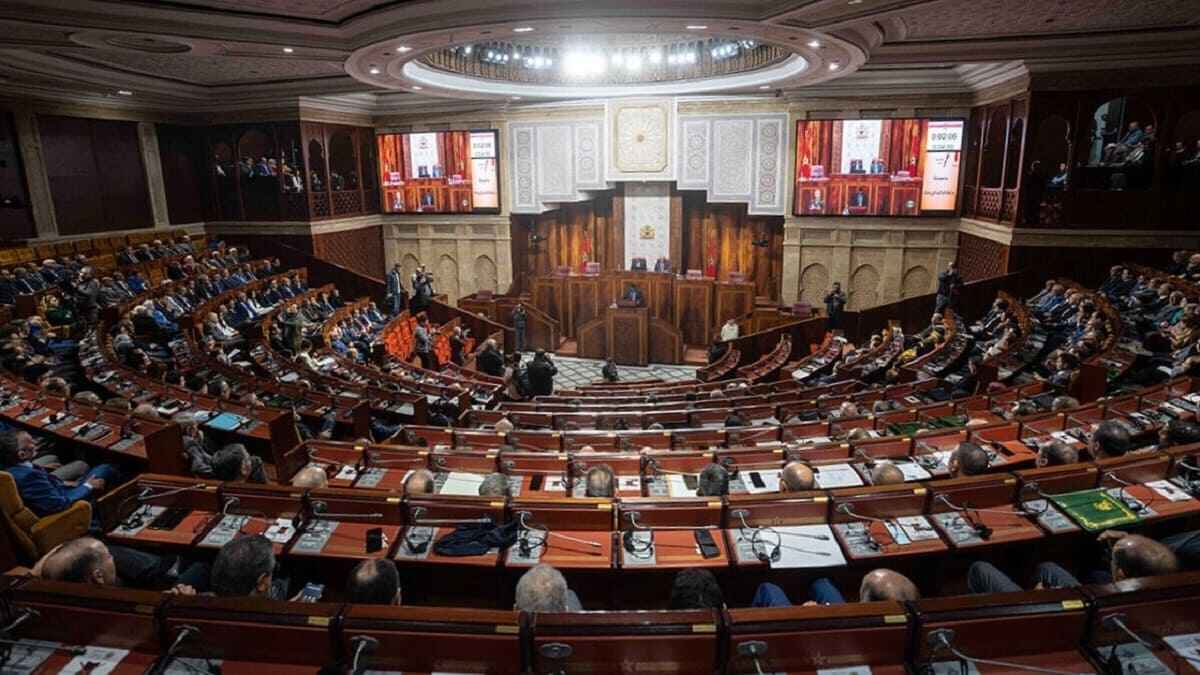
Similarly, the Speaker of the House of Representatives, Rachid Talbi El Alami, stressed the importance of building consensus among all components to achieve the appropriate amendments, following the customs and traditions of parliamentary practice.
The parliamentarians acknowledged that the amendment process has been protracted, resulting in a delay in the adoption of the new rules of procedure, which will only be implemented for two years of this legislative term. They therefore proposed setting a deadline at the beginning of each legislature to adopt their rules of procedure.
This measure represents a significant step towards improving parliamentary life in Morocco, with the aim of consolidating democratic values and building a state of solid institutions.

